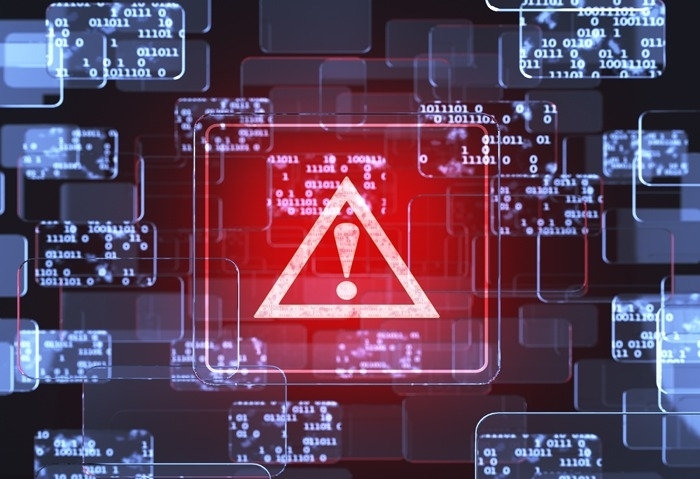MP John Brittas of the CPI(M), wrote to the Parliamentary Standing Committee on Communications and Information Technology chairperson Prataprao Jadhav, urging him to call an urgent meeting of the committee to investigate the threat notification messages…reports Asian Lite News
Central online safety agency CERT-In (Indian Computer Emergency Response Team) will probe the opposition’s claim of iPhone “hacking” attempts, IT Ministry sources have said.
CERT-In is the national agency responsible for responding to cybersecurity threats like hacking and phishing.
Several opposition leaders, including Mahua Moitra, Priyanka Chaturvedi, Raghav Chadha, Shashi Tharoor, Pawan Khera, and Sitaram Yechury, claimed on Tuesday that they had received Apple alerts warning them of state-sponsored attackers trying to hack their iPhones. Apple, in response to the claims, said it “does not attribute the notifications to any specific state-sponsored attacker” while adding that “it is possible that some Apple threat notifications may be false alarms”.
Opposition MPs and leaders, including Trinamool MP Mahua Moitra, demanded that the government answer questions about the alert issue, and called for a meeting of the parliamentary standing committee for IT to investigate.
MP John Brittas of the CPI(M), wrote to the Parliamentary Standing Committee on Communications and Information Technology chairperson Prataprao Jadhav, urging him to call an urgent meeting of the committee to investigate the threat notification messages.
BJP MP on the parliamentary IT committee, Nishikant Dubey, said the committee cannot take up the matter. According to Mr Dubey, under Lok Sabha rules, the central government has jurisdiction over the investigation into Apple’s warning to its subscribers, while the state police can examine their iPhones to further verify the allegations.
The government rejected the opposition leaders’ allegations of spying. IT Minister Ashwini Vaishnaw said Apple had issued similar alerts in 150 countries, that they were based on incomplete and often inaccurate data, and that some could be “false alarms”.
ALSO READ-Russia blames US, Apple for hacking thousands of iPhones

Leave a Reply